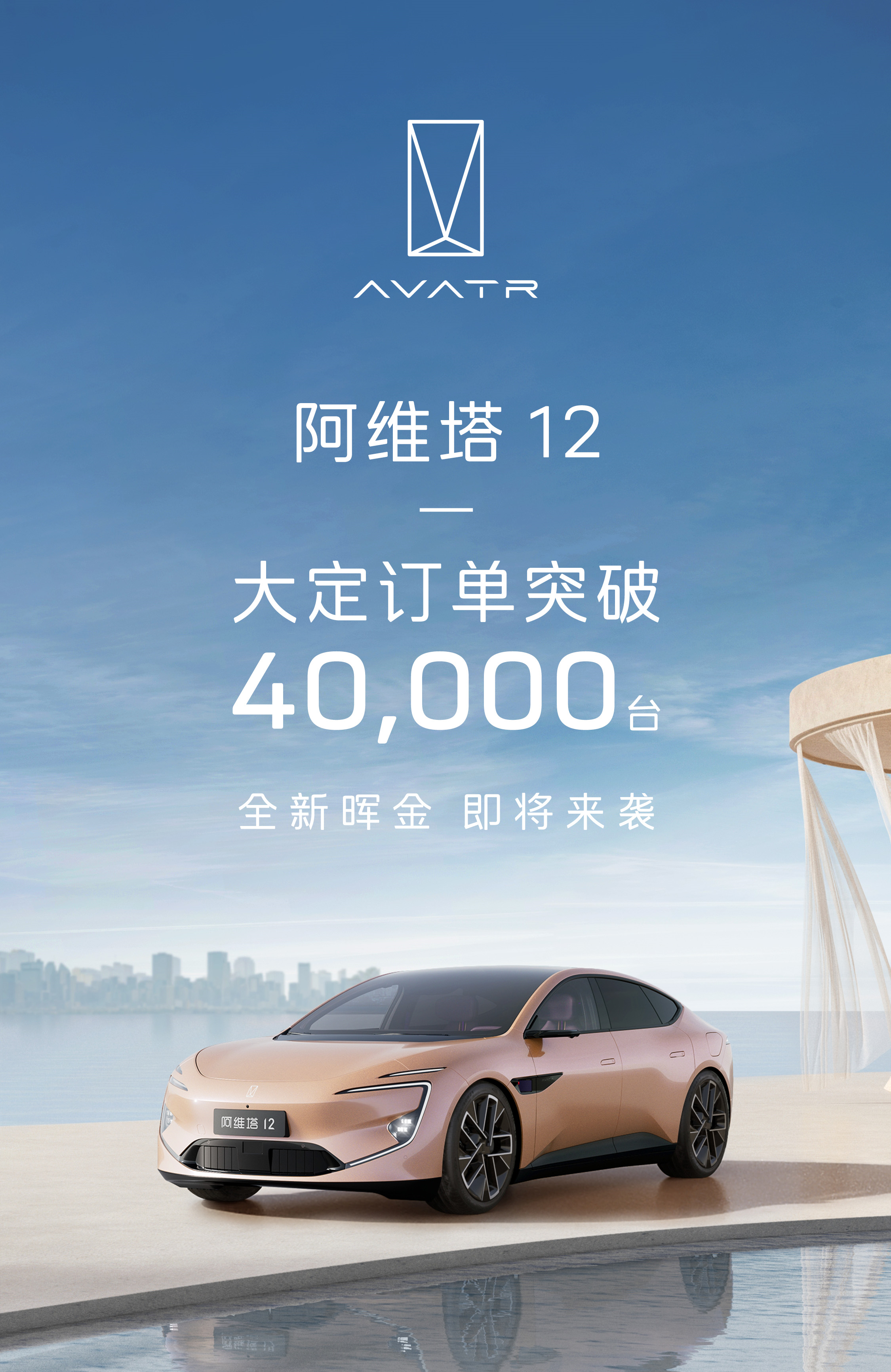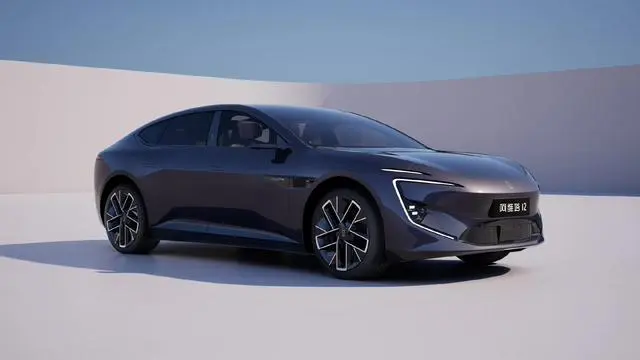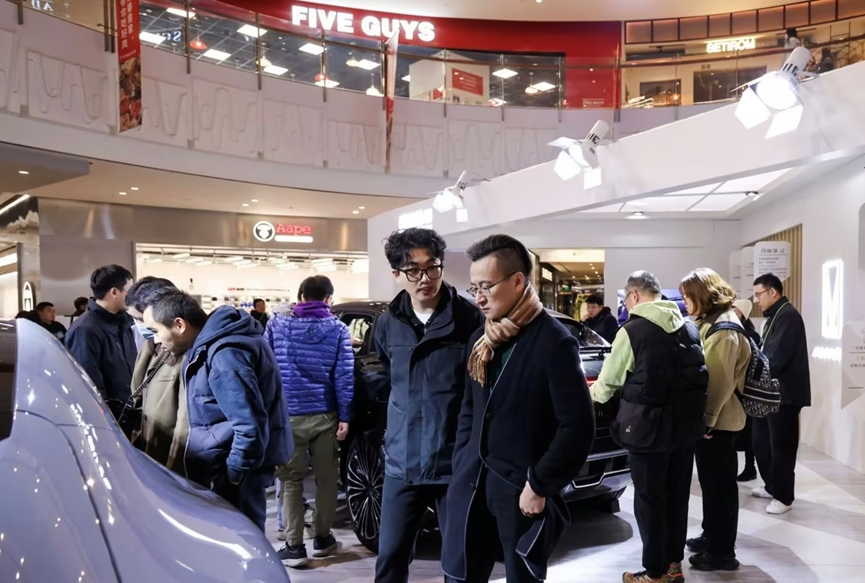Nanchang 1927 (II) Script of Military Documentary

Program guide:
Hou Yong, a tough guy on the screen, Liu Jin, a special actor, and a first-line movie star played the legendary general. The literary and martial arts dramas were carefully crafted and went behind the scenes, and the epic film "August 1" was completely interpreted. The second episode of Nanchang 1927 is being broadcast in the next issue of Military Documentary.
In the summer of 2007, August 1st, an epic film shot by Bayi Film Studio, was being shot nervously.
This is a photo taken in 1925. This one in the photo became one of the leaders of Nanchang Uprising two years later. He is He Long. In the movie "August 1st", actor Hou Yong plays the role of the legendary general.
[Concurrent] Hou Yong, a famous actor of Bayi Film Studio
If I didn’t dare to play Marshal He Long in my early thirties, I would be a few years older now. After reading some materials, I have been an actor for so many years. I think it’s still, an actor may have to give you hard work in all aspects to shape a role and play a character. From screenwriter to director, from art to scene to photography to opponents, this is a comprehensive, all to show every image and character to the audience, so many departments are also helping me, which is still confident.
On May 1st, 2007, Hou Yong came to the crew station to try on makeup.
Makeup artist
You leave a little (hair) now, making him feel like standing up. In fact, this piece should be basically vertical, maybe it’s a little (curled) at the top.

[Concurrent] Hou Yong, a famous actor of Bayi Film Studio
Just stick it a little greener here, and the rest will be gradual, with a flat head on it and a little longer in front.
He Long is one of the most legendary heroes of China Revolution, and his appearance and temperament are well known to the general audience. So how will Hou Yong shape this role?
Interview with Hou Yong:
凡是知道贺龙一些生平的人都知道贺龙元帅爱抽烟斗。
贺龙片中:勤务兵,把我烟斗给我拿来
侯勇采访:比较巧合几年前我也抽过烟斗,反正烟斗搁在手里不会像一个累赘。
贺龙片中:看来他们真的把我贺龙当盘菜了啊,谁都想上来夹两口。
侯勇采访:他是两把菜刀闹革命嘛,有人说他像土匪
贺龙片中:在他们眼里我就是个土匪,你们是共匪

侯勇采访:而且我看他的人物自传他老容易骂人
贺龙片中:你蛊惑军心,老子我毙了你
侯勇采访:但这个人内心是一个非常火热的人,非常的向往光明。因为他也是苦出身嘛,想为他身边的一些老百姓们,父老乡亲,想让他们过上好日子。
贺龙片中:我贺龙自两把菜刀砍盐局以来,没抗房子没带地,两个肩膀扛了一个脑袋,为了什么?就是为了能让穷苦的老百姓能过上好日子。
侯勇采访:我觉得你只要抓住人物的一个点或者两个点,去走进这个人物,而且1927年这个年代对贺龙元帅,对当年的他来讲可能是一个历史性的转折点。
2007年5月12日,在上海车墩影视基地搭建的贺龙公寓里,剧组工作人员均已到位,一场贺龙与周恩来见面的重头戏即将开始,而此时,侯勇却还在一千公里外的北京。
[In the same period] Zhang Shuangbo’s crew coordinated
Hou Yong, have you boarded the plane? Oh, there’s a traffic jam, right? Then do you want to change your ticket? Change it to six o’clock, right I guess it must be six o’clock, right? Ok, just tell me the flight number before you board the plane.
He is from the scenic spot, from the Chibi Group to Beijing, Zhuozhou, to Beijing, and then from Beijing to the airport. At six o’clock, there is a traffic jam. He can’t walk. There is a traffic jam.
[Screen] Historical Data of Zhou Enlai

Actor Liu Jin played Zhou Enlai. On August 1st, 1927, Zhou Enlai, vice chairman of the the Communist Party of China (CPC) Military Commission, and the Nanchang Uprising soldiers all experienced the day that was later regarded as the starting point of the People’s Army.
[Concurrent] Liu Jin, an actor of the People’s Liberation Army General Political Drama Troupe
This play puts a lot of pressure on me because of such a big event and such a heavy character.
The time is so short and the task is so heavy, so I feel as if I am playing Zhou Enlai for the first time from scratch. The old Zhou Enlai model may not be visible, so something unexpected will happen. I hope the audience will like it and see a new image of Zhou Enlai.
At two o’clock in the afternoon, the makeup artist made the final makeup for Liu Jin before shooting. Although this is the twentieth time that Liu Jin has played Zhou Enlai, every time he puts on makeup, he is serious to an almost harsh degree. In his view, there is no room for regret in his role as Zhou Enlai.
[In the same period] Liu Jin, a famous actor of the People’s Liberation Army General Political Drama Troupe
In the back. Give me a drag in the back. Pull both hands together, okay, like this, okay, look, what do you think?
I think it’s ok. I can’t go any further.
Right, you can’t go any further, and it will be uncomfortable to go any further.
What about these two sides?

Both sides are fine.
Anyway, the head shape must be at least like this. It’s comfortable for you to look at it from the side. It’s up here, down here, up here and crooked here. It’s put in order. On the basis of putting it in order, it’s messy and natural. Now this feeling is more natural.
[Screen] Actor Liu Jin and Deng Yingchao take a group photo.
Standing next to Liu Jin is the actor Zhang Qing who plays Deng Yingchao.
[contemporaneous] Then, we can have an exchange. You make this look real. Take something from here to here. Hey, let’s see if there is any movement.
(dark)
It’s getting dark, and the shooting hasn’t been done yet. Tonight’s filming is opposite Zhou Enlai and He Long. If Hou Yong can’t arrive in time, Liu Jin, who plays Zhou Enlai, will go to another crew tomorrow night. That’s true, the already tight shooting cycle of the "August 1" film crew is even worse.
While waiting for Hou Yong, a parting scene between Zhou Enlai and his wife Deng Yingchao has already started. The delicate emotional handling makes the director Yeming Song very devoted.
[Screen] The director of the film segment "August 1st" tells a play.
[At the same time] You can close your eyes and feel asleep, just like this, pushing it up, such a feeling, if you finish your hand, you will sit, sit next to her ass, holding your hand like this and show it. You wanted to take this at first, okay? That’s what it means. If you carry this, you’ll catch him with a bang. If you don’t sleep, you’ll catch you with a bang. If you want to catch it, your eyes will definitely open at once.

[At the same time] I’ll give you a hot meal. After that, he will stop you and pack my luggage. As soon as you heard about packing, you guessed it.
In order to get Liu Jin into the best shooting state, the director and he avoided the noisy shooting scene together. After a short adjustment, the play began again.
[Screen] The movie clip of August 1st.
Haven’t you eaten yet? I’ll heat it for you. Hey, Yingchao, help me pack my luggage.
[Picture] The director tells a play.
Okay, this feeling, this hand comes up again. Hey, you can’t close your hand.
Then you go. It’s not me. I’ll let him go. At this time, you feel like a wife, and you understand him very well. He must leave.
[Screen] The movie clip of August 1st.
I have packed my luggage. I always come and go in such a hurry, and I still make you scared. You are still in the second month.
Get used to it. Being your wife can only be like this in your life.

[Picture] The director tells a play.
He stopped at the door. May open the door with a box in one hand, in turn, Deng Yingchao lunges and hugs his waist.
[Screen] The movie clip of August 1st.
[Picture] The director tells a play.
After that, he put down the box again. In fact, he was crying at this moment, and he turned around and held her in his arms.
[Screen] The movie clip of August 1st.
[Picture] The director tells a play.
At this time, you should hold him in your arms like your man’s mission to protect you. Just let her cry. That’s what I want.
[Screen] The movie clip of August 1st.
Xiaowei, he’s gone. We’re still young, and there’s still plenty of time.
However, the doctor said that I would never have fertility again.
As long as there is a revolution, what’s wrong with you and me?
[Picture] Hou Yong rushed to the scene.
At 9 o’clock in the evening, Hou Yong, the actor of He Long, rushed to the shooting scene from Beijing to take part in the shooting of the crew of August 1, and a stone hanging in everyone’s heart finally fell to the ground.
[contemporaneous] Hou Yong
I’m in a hurry, sister. I said it had stopped here, and I was in a hurry. I’m telling you, I got up at five o’clock this morning, put on makeup and dawdled at the scene, and started shooting at eight thirty and nine o’clock. What are we shooting? Shooting a scene on the water, borrowing an arrow from a straw boat, a heavy scene, and then, after filming at 1: 10 noon, I took a bite of rice and the driver took me to the station.
Make-up: You said you were in a hurry.
Hou Yong: But when I’m sitting alone on the plane, I feel at ease. I know I’ll definitely arrive at seven or eight o’clock, and I’m sure I can shoot the night show tonight.
The scene of Zhou Enlai and He Long meeting finally started shooting. The background of this play is that after the cooperation between Kuomintang and Communist Party broke down, Zhou Enlai ventured to meet He Long and tried to persuade He Long to cooperate with communist party.
[Screen] Zhou Enlai meets He Long at the shooting scene.
Director: At first glance, it must be the word "dragon".
Liu Jin: Right now, look at this first.
Director Song: It must be such a feeling.
[Screen] The movie clip of August 1st.
Zhou Enlai: The Cape of Long Qian may be shocking, so I’ll take a break and jump in the deep for the time being.
He Long: Waiting for the gathering.
Zhou Enlai: Feiteng Liuhe Dingkungan
[Screen] The shooting scene is interspersed with movie clips
He Long: I’ve heard a lot about you, Mr. Zhou. It’s been a long time since we met.
Zhou Enlai: Same to you.
He Long: Come on, have a seat.
Zhou Enlai: He Junchang is very elegant.
He Long: No, no, I was taught by Yiqun.
Zhou Yiqun: Then, commander, talk about it.
(On the commentary, press the film dialogue)
At this moment, He Long was at the crossroads where to go in the future. The arrival of Zhou Enlai opened a window for He Long, who yearned for the bright future. They felt at home and talked and laughed.
The filming went smoothly, but there was a discussion about where He Long and Zhou Enlai were sitting when they were talking.
Director Song: This chair is uncomfortable to sit here.
Hou Yong: It’s unforgettable to me so far. I’d better sit here.
Liu Jin: Yes, right? Why don’t we sit closer?
Director Song: No need.
Hou Yong: Sit closer. People are at a dangerous distance.
Liu Jin: It’s a bit awkward to sit there.
[Screen] Hou Yong Performance Site
It’s already 2: 00 in the morning, and the filming is still going on. From Beijing to Shanghai, traveling 1000 kilometers; It has been more than 2,000 years from the story of Red Cliff to August 1st. For Hou Yong, this day’s drama is not easy to shoot.
[subtitle ]XX shooting base
[Picture] Jiujiang Railway Station
Beijing Erqi Vehicle Factory has been transformed into a station during the Republic of China. The old steam locomotives were temporarily arranged on the tracks, and the soldiers of the Northern Expedition, played by extras, quickly assembled. A scene in which He Long led troops to Jiujiang, Jiangxi, is about to start shooting.
[Picture] The scene of Hou Yong riding a horse.
At first, the shooting of this group of shots went very smoothly, but it never occurred to everyone that Hou Yong accidentally fell off his horse during the shooting of this big scene.
Executive Director: Director, director, Hou Yong fell. Come in, come in, come in and sit …
Call the doctor, call the doctor …
Hou Yong: I was walking. When I braked, I adjusted my ass, and I fell down. My crotch was fine, just my waist was shouldered …
Hou Yong: Where are the horses? I’ll take a walk again
Fortunately, there was a near miss, and Hou Yong’s injury was not serious. After simple treatment, the play continued. On horseback, Hou Yong’s movements are still very natural and unrestrained.
[Picture] Filming scene
The next scene is about the dispute between He Long and his men. At this time, Hou Yong put forward his own views on the shooting of this scene.
[Screen] Hou Yong discusses problems with the crew.
Hou Yong: I just said earlier, but he complained that the 3rd Battalion hasn’t arrived yet. He said that you have changed, paid the salary to Director Zhou, and bought a house in Shanghai. I said nonsense, and I will shoot him directly in the next scene. Isn’t this order a bit radical?
Zhang Zhihong, played by Zhao Fusheng: What if I stimulate you? For example, that’s the word, brothers …
Hou Yong: I’ll fucking shoot you … You have to stimulate me, and then I’ll pull out my gun and hit him.
[Screen] Filming scene (followed by movie clips related to the discussion)
[Synchronization ]46 games, 1 mirror and 1 start.
He Long: Tell me what you said last night.
Zhao Fusheng: The commanders and brothers are really looking forward to your promotion and wealth, and we also have a chance to get promoted. But you just listen to the commanders of communist party if you don’t leave the avenue. You have to listen to communist party, and there is only a dead end. Brothers, we can’t go with communist party. Do you hear that going with communist party is only a dead end?
He Long: Zhao Fusheng, I’ll shoot you if you confuse the army.
Among the mountains in Hengdian, Sanzhe River, this huge site has been exposed to the scorching sun, and the temperature has reached 39 degrees. In this scene, Hou Yong runs in the hot sun with nine guns on his back. According to the plot, He Long used this almost masochistic way to influence his subordinates. In unusually hot weather, people are suffering from heatstroke, but the preparations for filming by the crew are still going on.
Hou Yong: According to He Long’s personality, how can we punish the third child? Do you really whip him, or what? I don’t think it’s enough to show the connotation of this play, including He Long’s character. Therefore, this play punished myself, and my subordinates made mistakes and punished me, which caused a sense of inner shame to their subordinates.
Subtitle Zhejiang Hengdian Shooting Base
[contemporaneous]
Executive Director: Go.
He Long: Put the gun on.
He Long: Put the gun on.
He Long: Gun, gun.
Song Yu: Commander, I …
He Long: Come on …
In this scene, Hou Yong’s physical exertion is the biggest among hundreds of people present, and everyone is worried about whether he can persist.
Interview with Hou Yong (about 21 minutes and 30 seconds):
Half of it is the effect, water, and half of it is your own sweat. It’s sunny today, it’s too hot. Sweat alkali, look, sweat alkali.
According to the plot, Hou Yong will run nine times around this nearly 50-square-meter platform, and a gun will be added for one more time.
Interview with Hou Yong:
Reporter: How many guns did you carry at most?
Hou Yong: 9.
Reporter: How do you feel?
Hou Yong: I can’t move my back, and it’s not easy to run. The length of the gun belt is different from that of the gun. At the back, there are nine guns. It’s easy to shake when running, and it’s hard to run and it’s hard to carry.
[Screen] Shooting scene
Daxiang (about 24 minutes and 20 seconds): Brother Lao.
Wei Laosan: Congratulations on Beard, we were wrong. Congratulations on Beard, we are not bandits, not bandits.
We are revolutionary army, beard. I have a wrong beard. We are not bandits, not bandits.
We are the revolutionary army. Congratulations, Beard. I was wrong …
He Long: Orderly, grab the pipe and bring it to me.
A scene that made Hou Yong feel the most difficult was finally finished, but the work of the "August 1st" film crew was far from over. What vitality did the arrival of two Hong Kong movie stars give to the film crew? Stay tuned for the second episode of Dream Back to 1927 at the same time tomorrow.
Editor: Cao Jin



